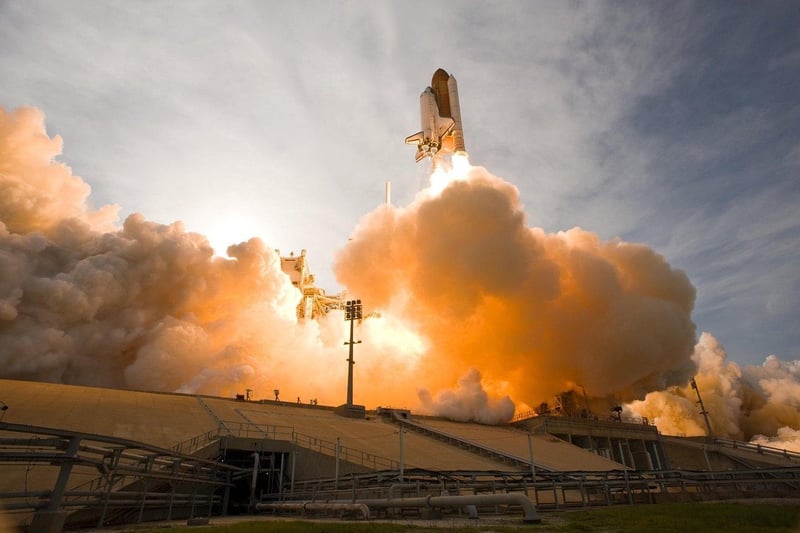Interstellar Fuel
The Future of Space Exploration: Interstellar Fuel

Space exploration has always captured the imagination of humanity, and as we look towards the future, the concept of interstellar travel becomes increasingly tantalizing. One crucial element that will enable us to reach for the stars is interstellar fuel.
What is Interstellar Fuel?
Interstellar fuel refers to the propellant or energy source needed for spacecraft to travel vast distances between stars in outer space. Traditional rocket fuels like liquid hydrogen and liquid oxygen are not sufficient for interstellar travel due to their limited efficiency and range.
The Promise of Antimatter
One of the most promising candidates for interstellar fuel is antimatter. When antimatter comes into contact with normal matter, both particles annihilate each other, releasing a tremendous amount of energy. This energy could potentially propel spacecraft at near-light speeds, making interstellar travel feasible.
Challenges and Opportunities
Despite its potential, antimatter poses significant challenges in terms of production, storage, and containment. Scientists are actively researching ways to generate and harness antimatter effectively. If successful, antimatter could revolutionize space exploration and pave the way for humanity to venture beyond our solar system.
Conclusion
As we continue to push the boundaries of space exploration, the development of interstellar fuel, such as antimatter, holds the key to unlocking the mysteries of the universe. While the challenges are substantial, the rewards of interstellar travel are equally immense, offering a glimpse into a future where humanity may journey to distant stars.
Are you excited about the prospects of interstellar travel fueled by antimatter? Share your thoughts and join the conversation on the future of space exploration!
